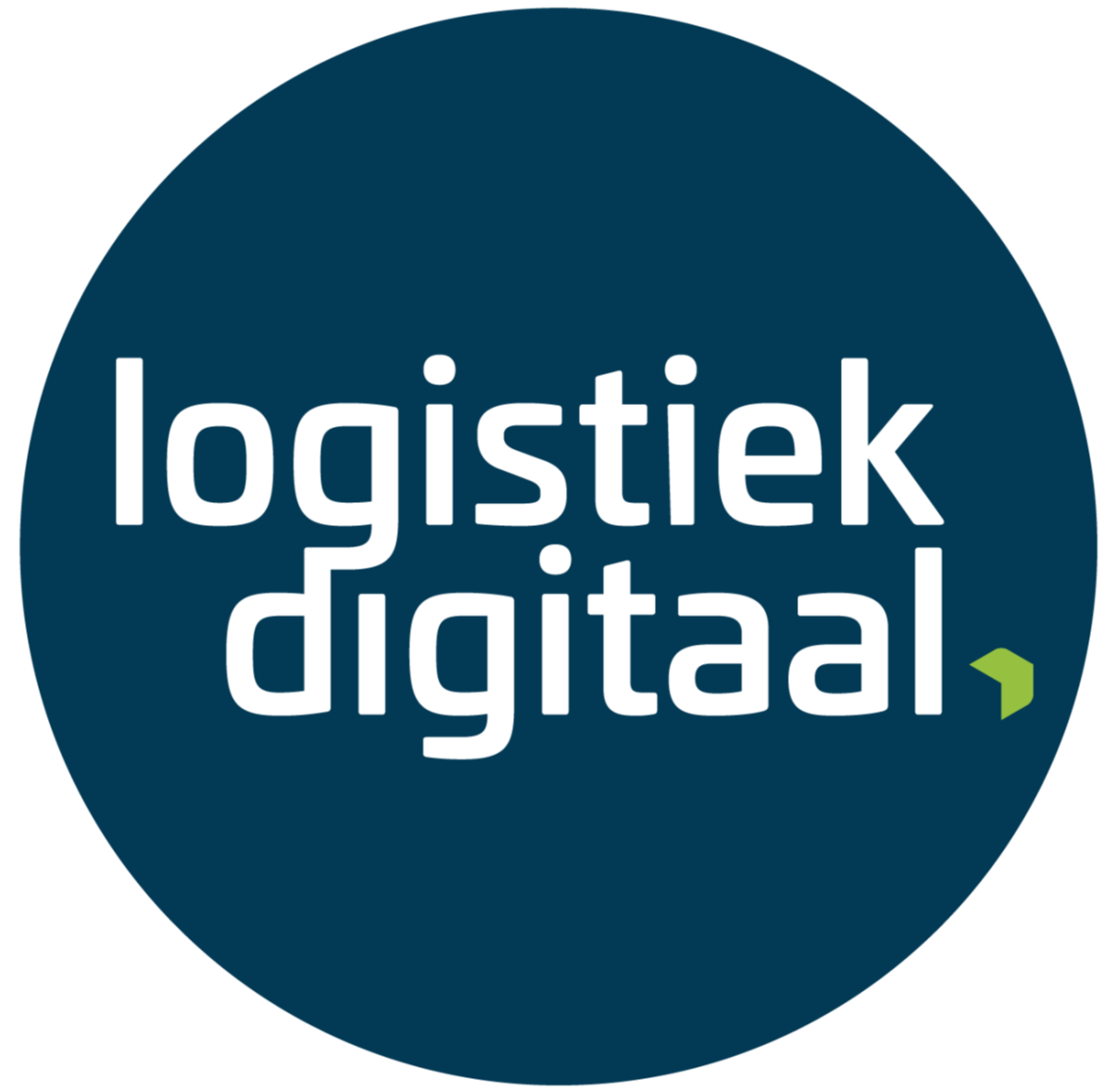Transforming Logistics with Analytics
A Comprehensive Guide to Data Driven Decision Making
Introduction
In today's practice, logistics decision-making can be a complex challenge. Within an intricate web of stakeholders and process steps, transport routes must be optimized, inventories efficiently managed and available capacities optimally deployed. Balancing cost-effectiveness with sustainable on-time deliveries, whereby taking into account all kinds of uncertainties, adds another layer of complexity. It is like orchestrating a symphony where every note (decision) reverberates throughout the supply chain and finding the perfect harmony requires a keen understanding of the complexities involved.
To deal with all these complexities one can observe that in today's logistics landscape supply chain management decisions rely more on data than on traditional experience. Data has become the new oil in our digitized world (The Economist, 2017). Big data, characterized by massive volumes of information that can be analysed for insights and decision-making, offers a competitive advantage when utilized effectively.
Objective
The objective of this e-book (which consists of a package of courses) is to provide high-quality and continuously updated study materials for (future) logistics professionals. The applied nature of the study materials is based on real-life applications (e.g., data sets and case studies).
Target audience
The target audience of the courses comprises of 2nd-year logistics management and logistics engineering students at Universities of Applied Sciences, their lecturers and logistics professionals with no background regarding data-driven logistics.
Target audience
Apart from the courses ‘Introductions to data-driven logistics’ and ‘Basic concepts, principles and theories’, that are focusing on a more theoretical exploration of data-driven logistics and its associated theories and concepts, the other 8 courses adhere to a more structured framework. Each course follows this format: it starts with the question 'What to expect,' proceeds with an elucidation of the theme, outlines its learning objectives, introduces the topic with an initial segment covering basic theories, concepts, and principles, followed by an exploration of methods. Subsequent to the course, there is a comprehensive overview of available tools and a listing of key references within the specified theme. Additionally, each course incorporates a practical case study, comprising a case description, a dataset (description), and concludes with a set of case questions along with their corresponding answers.
We dedicate this book to Arthur van der Molen. Without his knowledge, wisdom, and creativity, we certainly would not have come this far.
Courses that are part of this e-book

This publication is part of the project ‘small projects 2022 route transport and logistics' with project number NWA.1418.22.023 which is financed by the Dutch Research Council (NWO).

